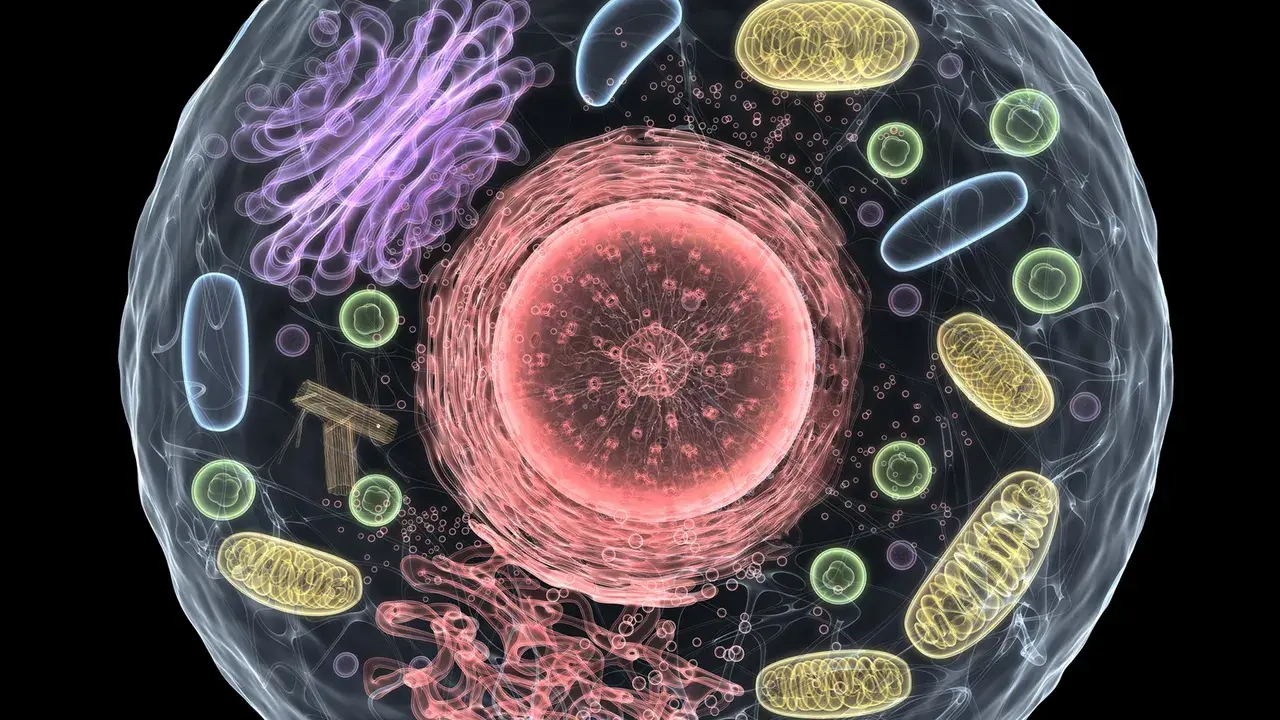The Deepest Mystery of Life: Scientists May Have Uncovered How Complex Cells First Evolved

Fungi, animals, and humans all have something in common: we’re made of eukaryotic cells, intricately structured biological units that house DNA in a nucleus and power themselves with internal energy factories. These sophisticated cells are what separate complex organisms from the simpler, single-celled microbes that ruled Earth for billions of years.
But how did these complex cells evolve from simpler ones? Why did it happen once, and not again?
A new theory proposed by researchers at the University of Zurich is bringing us closer to an answer, and the implications reach deep into the history of life itself.
For more than 2 billion years, life on Earth was almost unimaginably basic. Tiny, single-celled organisms called prokaryotes floated in the primordial oceans, lacking internal compartments or nuclei. Then, in a profound biological leap, something changed: a prokaryote engulfed another, and instead of digesting it, the two cells formed a symbiotic partnership. One became the host, the other evolved into the mitochondrion, the powerhouse of the cell.
This fusion gave birth to the first eukaryotic cells, the foundation of every plant, animal, and person on the planet today.
The University of Zurich team has refined this theory, suggesting that the sudden complexity of eukaryotes required more than just a lucky merger. It likely depended on a very specific set of energy dynamics. Unlike prokaryotes, which are limited in how much DNA they can sustain, eukaryotic cells gained the ability to produce massive amounts of energy through mitochondria, allowing them to evolve larger genomes and new biological functions.
“It wasn’t just a structural change,” explains evolutionary biologist Professor Sven Künstner, one of the study’s authors. “It was a fundamental energetic revolution that opened the door to multicellular life.”
The researchers argue that this transition was so unique, and so energy-dependent, that it may have only happened once in Earth’s 4.5 billion year history. If true, that would mean complex life is exceedingly rare in the universe, requiring not just the right conditions, but also a highly improbable series of events.
The findings also provide a sobering counterpoint to the optimism of the search for extraterrestrial life. Microbial life might be common. But intelligent life, powered by complex cells like ours, could be vanishingly rare.
Still, the story of eukaryotic evolution isn’t just about ancient biology, it also reshapes how we understand our place in the cosmos. Every tree, every animal, every person is the product of a single, miraculous moment, when two tiny cells merged and changed everything.
And as science digs deeper into this cellular genesis, one thing becomes clear: we owe our complexity to a single, unlikely event, and it may never happen again.